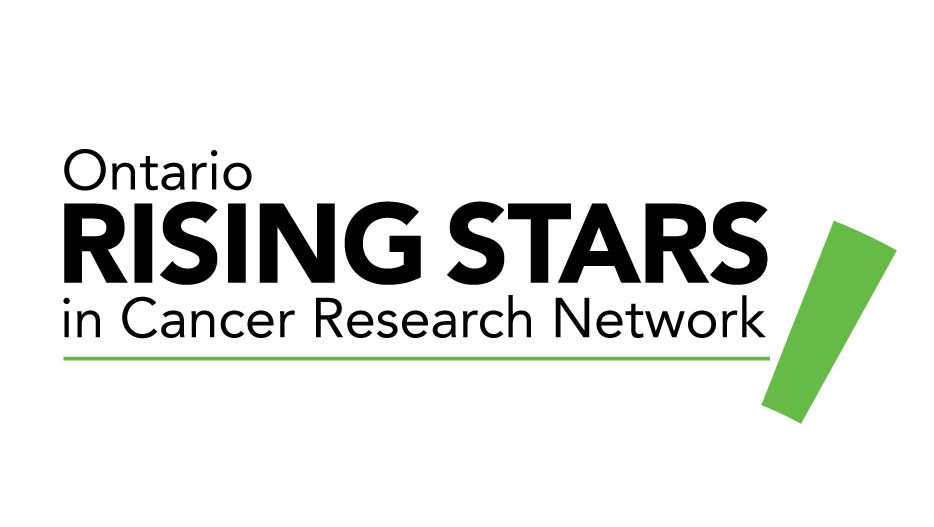Winners of the 2022 awards are working on a range of cancer research projects across Ontario.
The Ontario Rising Stars in Cancer Research Network has recognized six outstanding research trainees with the 2022 Rising Stars Awards.
Supported by OICR, Rising Stars is a pan-Ontario network for trainees in cancer research at the graduate and postdoctoral levels. Its annual awards recognize Ontario trainees who demonstrate a high standard of scholarly achievement in cancer research as well as community engagement and leadership.
This year’s award winners are:
Master’s students
Aline Atallah, Queen’s University
Aline’s research is focused on characterizing the tumour immune microenvironment in bladder cancer to better understand the role of innate immune memory acquisition in the response to Bacillus Calmette-Guérin immunotherapy, with the ultimate goal of improving patient outcomes.
Anisha Hundal, University of Toronto
Anisha’s research investigates whether breast cancer cells deficient in homology-directed DNA double-strand break (DSB) repair employ microtubule-driven nuclear envelope invaginations to repair DSBs, and whether this mechanism may be exploited to limit cancer cell growth and survival.
PhD students
Nabanita Nawar, University of Toronto
Nabanita applies a multi-disciplinary drug discovery approach for therapeutic intervention of HDAC6, to explain its numerous and often contrasting roles in diseases, and design small molecules that can inhibit HDAC6 activity, and alleviate disease phenotypes.
Claire Park, Western University
Claire’s research is focused on developing systems to improve diagnostic and image-guided interventions for women at high-risk of developing breast cancer using PEM and (2D and 3D) ultrasound
Postdoctoral fellow
Dr. Emma Bell, Princess Margaret Cancer Centre (UHN)
As a bioinformatician, Emma combines biology, statistics, and information engineering, to ask biologically and clinically meaningful questions of genomics data. They aim to improve gynaecological healthcare outcomes for women, non-binary and trans people.
Dr. David Cook, Lunenfeld-Tanenbaum Research Institute
Residual disease following treatment remains a challenge for effective cancer treatment. David applies single-cell genomics to understand how cancer cells adapt to treatment and learn to tolerate therapies.

